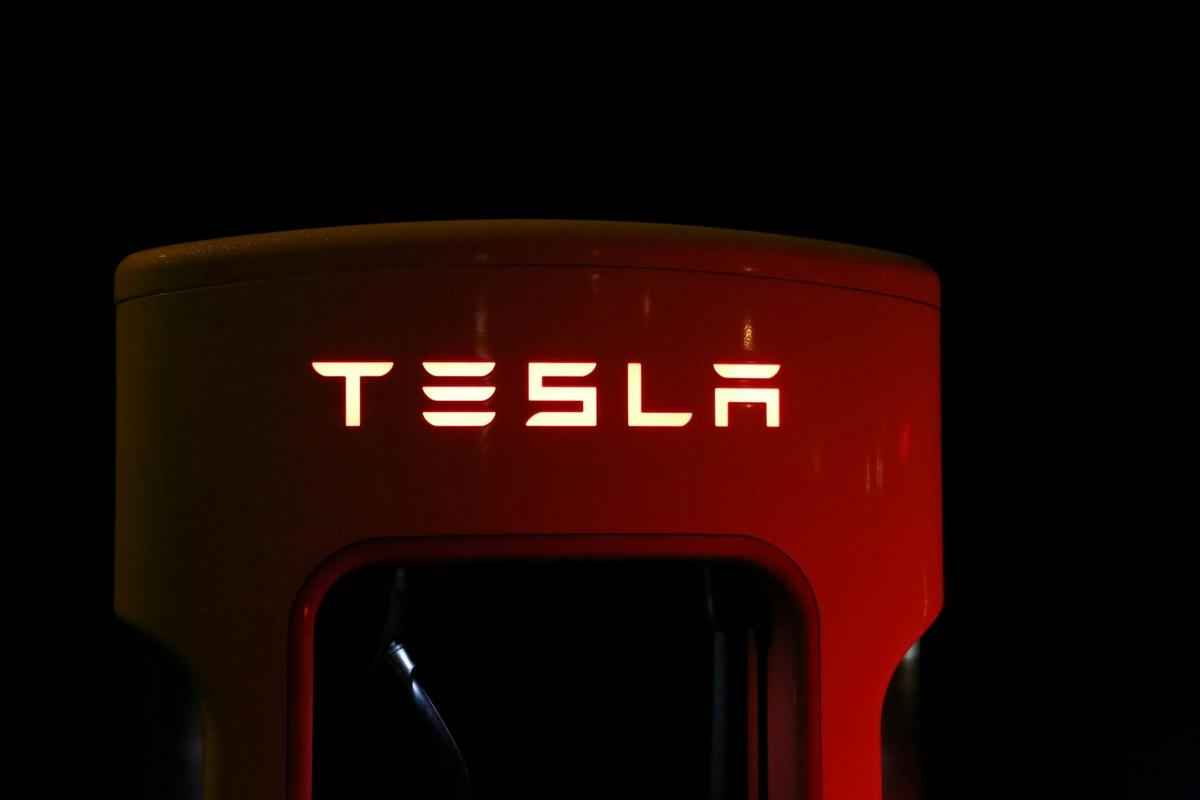
How Electric Vehicles Contribute to a Greener Planet
As the global community increasingly focuses on sustainability, the transition to electric vehicles (EVs) stands out as a crucial step towards a greener planet. By reducing reliance on fossil fuels, electric vehicles offer a cleaner, more sustainable mode of transportation that aligns with environmental goals.
The Impact of Electric Vehicles on the Environment
Electric vehicles are pivotal in decreasing greenhouse gas emissions, a major contributor to climate change. According to the International Energy Agency (IEA), EVs emitted about 54 million tonnes of carbon dioxide (CO2) worldwide in 2020, significantly lower than the emissions from conventional vehicles. This reduction is primarily due to the fact that EVs do not rely on gasoline or diesel, which are major sources of CO2 emissions.
Expert Opinions
Dr. Emma Johnson, a renewable energy expert, states, “The shift to electric vehicles is a necessary evolution in our battle against climate change. By adopting EVs, we can significantly cut down on air pollutants and work towards cleaner air quality.”
Statistics That Speak Volumes
A recent study by the Union of Concerned Scientists highlights that EVs produce, on average, less than half the emissions of comparable gasoline-powered cars over their lifetime. This includes emissions from electricity generation for charging the vehicles.
Real-Life Examples
Consider the case of Mike, a resident of a bustling city, who switched to an electric vehicle a year ago. Not only has he significantly reduced his carbon footprint, but he also enjoys lower maintenance costs and the convenience of home charging.
Actionable Tips for Embracing Electric Vehicles
- Research Before Purchase: Understand the range, charging infrastructure, and total cost of ownership.
- Use Renewable Energy for Charging: If possible, charge your EV using solar panels to further diminish environmental impact.
- Stay Informed: Keep up with advancements in battery technology and charging networks to maximize your EV experience.
Consider participating in local government incentives and rebates when purchasing an electric vehicle to reduce initial costs.
Comparison of Electric Vehicles vs. Traditional Vehicles
| Feature | Electric Vehicles | Traditional Vehicles |
|---|---|---|
| Emissions | Low | High |
| Fuel Costs | Lower | Higher |
| Maintenance | Minimal | Regular |
| Performance | High Torque | Variable |
| Range | Improving | Established |
| Charging | Home/Stations | Gas Stations |
| Noise | Quiet | Noisy |
| Government Incentives | Available | Limited |
FAQ
Are electric vehicles truly better for the environment?
Yes, electric vehicles significantly reduce emissions compared to traditional vehicles, especially when powered by renewable energy.
What are the cost benefits of owning an electric vehicle?
Electric vehicles often have lower fuel and maintenance costs. Additionally, there are various government incentives available.
Conclusion
In conclusion, electric vehicles play an integral role in promoting a sustainable future. By reducing emissions, offering cost savings, and encouraging renewable energy use, they contribute significantly to a greener planet. As technology advances, the benefits of electric vehicles are expected to grow, making them a viable option for more consumers. Consider exploring local incentives and educational resources to learn more about how you can transition to an electric vehicle and make a positive impact on the environment.